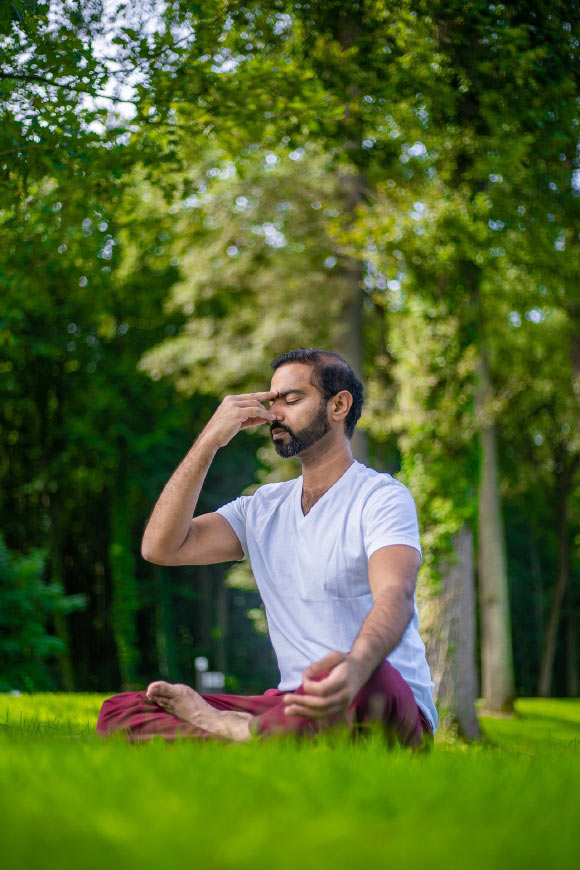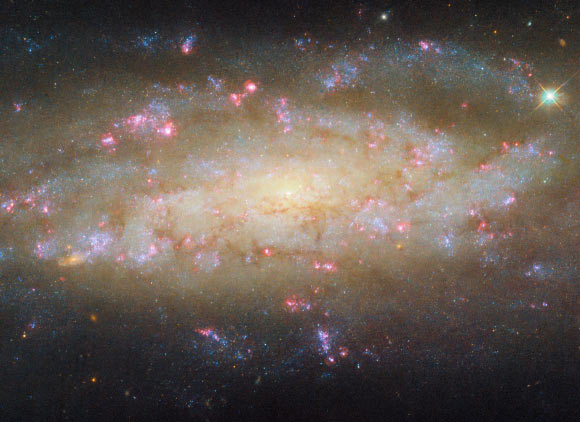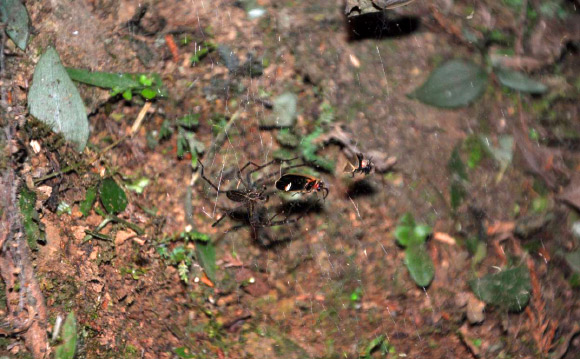Now Reading: Study: Breathwork with Music Can Promote Blissful States
-
01
Study: Breathwork with Music Can Promote Blissful States
Study: Breathwork with Music Can Promote Blissful States

Rapid Summary
- A study led by Dr. Amy Amla Kartar from the university of Sussex explored altered states of consciousness (ASCs) induced by High Ventilation Breathwork (HVB) combined with music.
- HVB sessions lasted 20-30 minutes, followed by self-reported questionnaires and neuroimaging studies involving 42 participants in online, lab-based, and MRI settings.
- Key findings:
– Participants experienced reduced fear and negative emotions alongside enhanced feelings described as “Oceanic Boundlessness” (OBN), characterized by blissful unity and emotional release.- Blood flow decreased globally across the brain but increased in specific emotion-processing areas such as the right amygdala and anterior hippocampus during HVB sessions.
– Cardiovascular activity suggested stress responses with decreased heart rate variability.
- Researchers emphasized a need for larger sample sizes to validate results, especially separating music’s effects on outcomes.
- No adverse reactions were reported; study findings point to therapeutic promise for HVB as a non-pharmacological approach to managing psychological distress.
[Image reference: Circuitries linked to interoceptive processing could underpin HVB-induced ASCs (Credit: Ram Jain).]
Indian Opinion Analysis
The study highlights intriguing possibilities for therapeutic applications of High Ventilation breathwork accompanied by music. For India-a nation facing significant mental health challenges-such non-pharmacological interventions may offer accessible alternatives to traditional therapy, amidst limited psychiatric infrastructure. The absence of reliance on psychedelic substances circumvents regulatory hurdles while resonating well within India’s cultural narrative emphasizing holistic practices like yoga and pranayama.
However, it is essential that these promising results undergo further validation through robust trials with larger cohorts before clinical integrations can be considered viable or scalable within Indian healthcare systems. Moreover,research distinguishing benefits derived from music versus breathwork itself will be critical for maximizing scientific clarity around such interventions’ efficacy.
Given India’s growing interest in mindfulness and choice therapies rooted in tradition,innovations like HVB merit careful exploration-not only scientifically but also culturally-to address pressing public health concerns effectively.
























